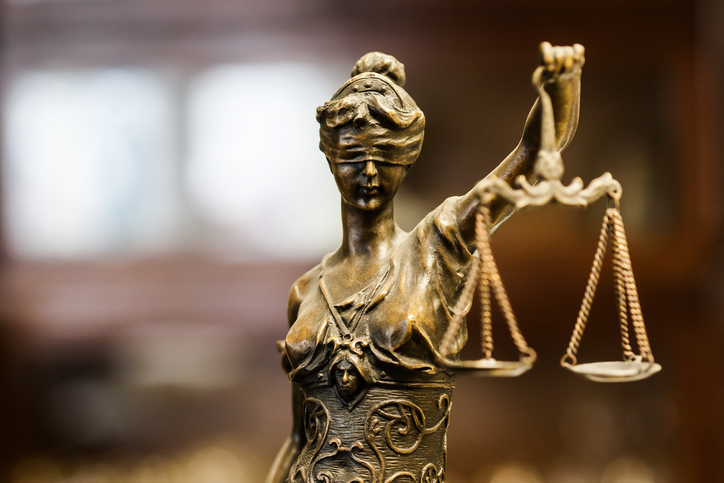Both/and
There are two kinds of people in the world: those who divide the world into two kinds of people and those who don’t.
The temptation to see the world in binary code — all “ones and zeroes” — seems to be growing. Maybe it’s like the shift in music from vinyl to digital recordings. Vinyl is warmer, the sound more blended. Digital music is brighter and cleaner, allowing you to better hear the discrete instruments.
We see this tendency in other realms, even while new knowledge makes maintaining binaries dubious. Scientists used to argue over whether light was a particle or a wave. Now they understand it’s both — depending upon the conditions under which it is viewed. Similarly, we have divided the world into male and female. But the transgender experience and its biological and psychological foundations point to gender being more on a spectrum than two opposite poles.
The world is infinitely complex. We talk about light and dark and day and night. But part of every day includes times we call dawn and dusk, when we are in a twilight zone that could be early morning or evening when light encroaches or fades.
Whenever you hear someone say there are two ways to understand something, they are setting up an either/or that would better be framed as a both/and. This is not relativism, as some fear. It is realism. We may want life to be a choice between absolutes, but our human vocation is to discern among many possibilities to find ways that lead to a fuller life, rather than those that divide and destroy us.
In matters of faith and politics, binary alternatives of conservative or progressive are unhelpful too. None of us fits neatly into one category. We need to account for one another to have a robust faith that is grounded in the past and blazes new paths.
Conservatives face life with an eye to the past. They believe the future will be brighter only by the recovery of original beauty now marred. Hope is memory more than aspiration.
Progressives long for a destiny that is greater than our origin. God is still creating, still speaking. They believe God isn’t finished with the world yet, and we are invited to join the project of making more of it, not just repairing it.
Who’s right? Conservatives or progressives? Those with eyes on the past or those with eyes on the future?
What T. S. Eliot called “permanent things” keep us grounded in what endures. Love and kindness, as much as gravity and magnetism, hold the world together as change threatens to pull it apart. At the same time, imagination and innovation, as much as energy and momentum, drive the world forward against the desire for things to stay the same.
Respecting what has been good in every age and longing for what is still to come will help us walk together in one peace, instead of leaving us in many pieces.






